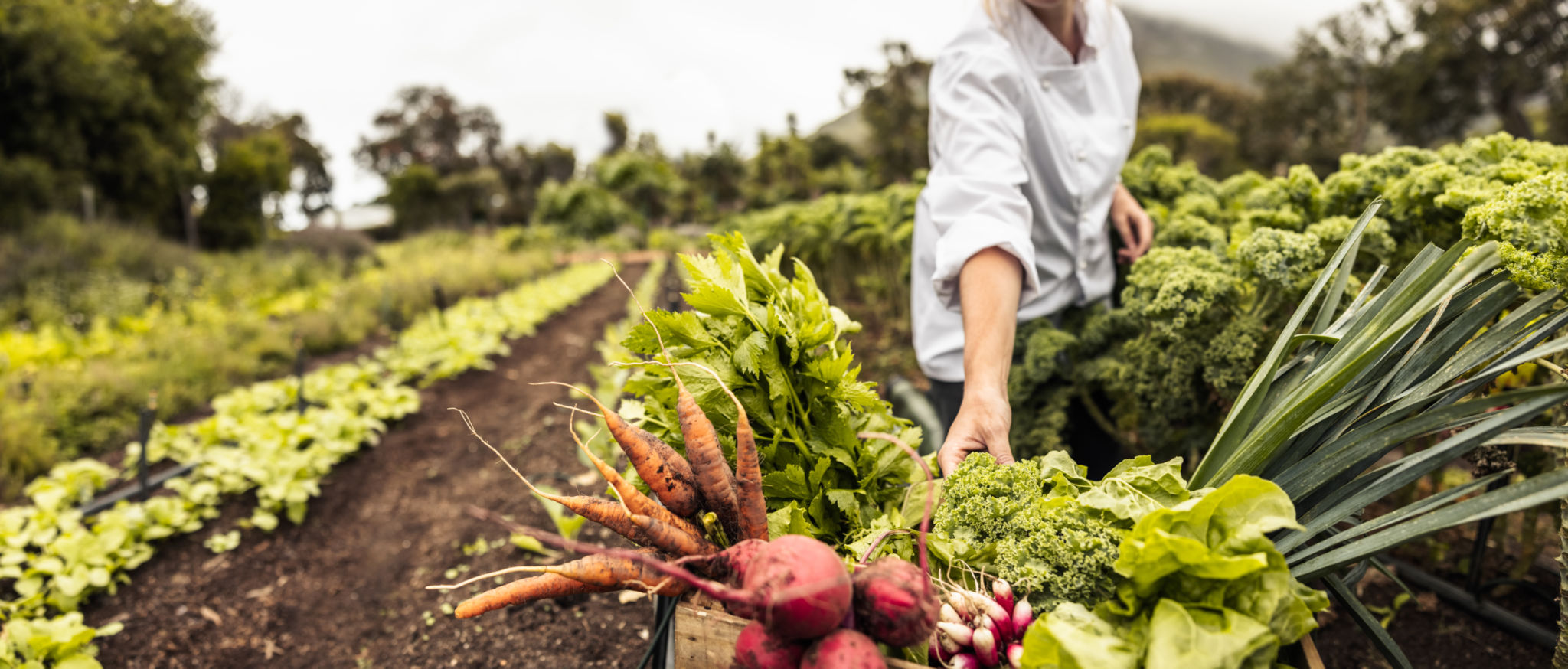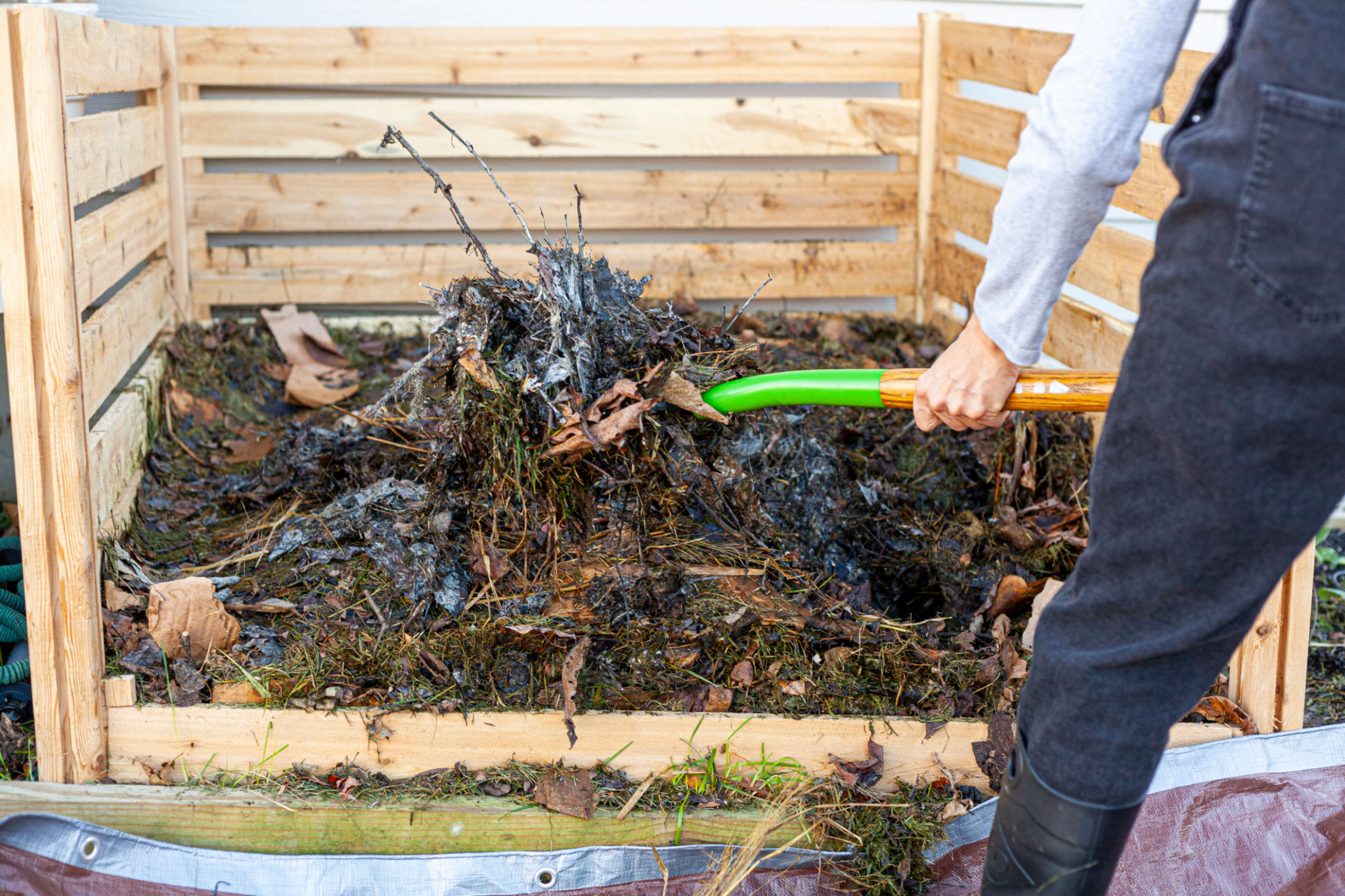The Ultimate Guide to Organic Fertilizers: Boost Your Garden’s Potential
Understanding Organic Fertilizers
Gardening enthusiasts are increasingly turning to organic fertilizers as a means to nurture their plants while being environmentally conscious. Unlike synthetic fertilizers, organic options derive from natural sources, which means they improve soil structure and encourage biodiversity. Organic fertilizers provide a slow-release of nutrients, ensuring that plants receive a steady supply over time.

Benefits of Using Organic Fertilizers
One of the main advantages of organic fertilizers is their ability to enhance soil health. They increase the soil's organic matter and microbial activity, creating a thriving ecosystem for plants. Moreover, these fertilizers reduce the risk of pollution and chemical runoff, making them a safer choice for your garden and the environment.
Organic fertilizers can also improve plant resilience. They help strengthen root systems, leading to healthier plants that are better equipped to withstand pests and diseases. Additionally, using organic fertilizers can lead to better-tasting fruits and vegetables, as they promote natural growth processes.
Types of Organic Fertilizers
There is a wide variety of organic fertilizers available, each with its unique benefits:
- Compost: Made from decomposed organic matter, compost enriches the soil with essential nutrients.
- Manure: Animal waste that is rich in nitrogen, phosphorus, and potassium.
- Bone meal: A source of phosphorus and calcium, promoting root and flower growth.
- Blood meal: High in nitrogen, it encourages lush foliage development.

Choosing the Right Organic Fertilizer
Selecting the appropriate organic fertilizer depends on your garden's specific needs. Conducting a soil test is an excellent first step, as it will help you understand nutrient deficiencies or imbalances. If your plants require more nitrogen, consider using blood meal. For phosphorus, bone meal is a great choice. Compost is an all-purpose option that improves overall soil health.
How to Apply Organic Fertilizers
The application of organic fertilizers varies depending on the type used. Generally, you can incorporate them into the soil before planting or use them as a top dressing during the growing season. When using compost, apply a generous layer to your garden beds and mix it into the topsoil. For liquid fertilizers, dilute them according to the instructions and water your plants thoroughly.

Potential Challenges and Solutions
While organic fertilizers offer numerous benefits, they aren't without challenges. They tend to release nutrients slower than synthetic options, which means you might need to apply them more frequently to maintain nutrient levels. Additionally, some organic fertilizers can have strong odors. To mitigate this, consider using well-aged compost or thoroughly processed products.
Conclusion: Boost Your Garden’s Potential
Incorporating organic fertilizers into your gardening routine can significantly enhance plant growth and vitality. By choosing products that align with your garden’s needs and adhering to proper application methods, you'll create a sustainable and thriving environment for your plants. Embrace the power of nature and watch your garden flourish with the help of organic fertilizers.
